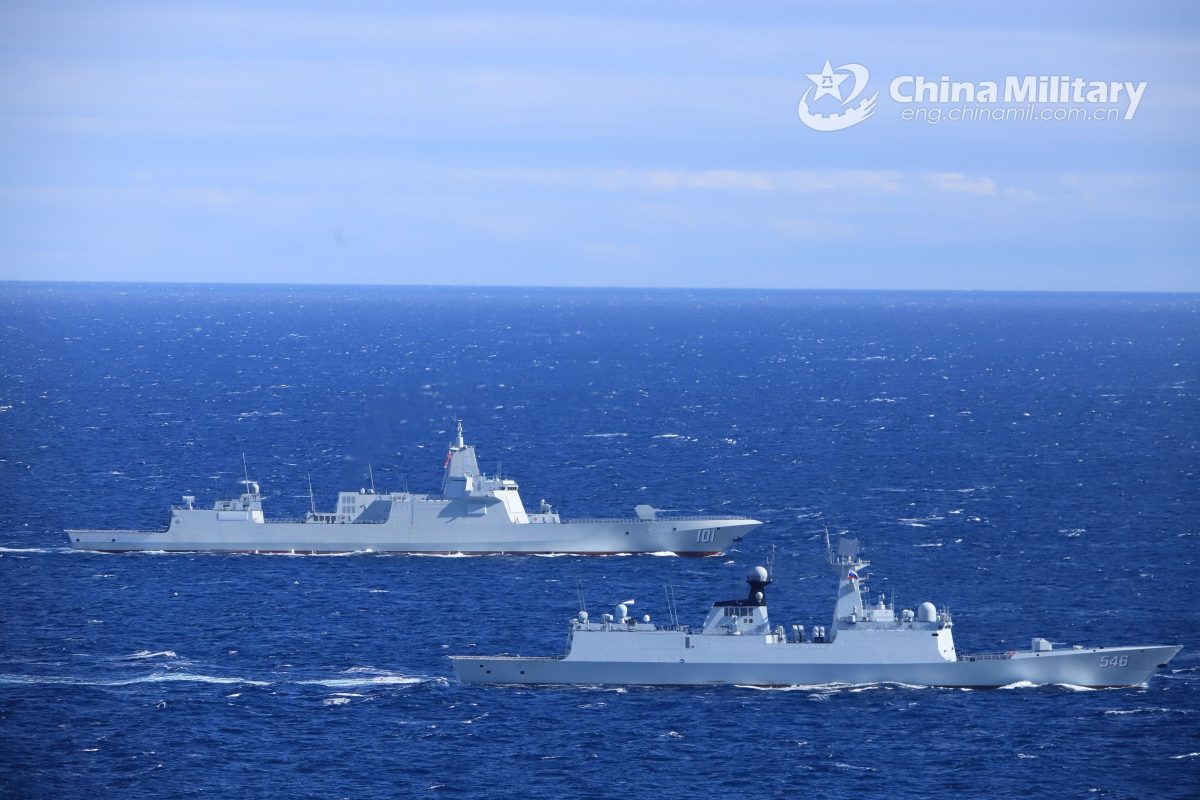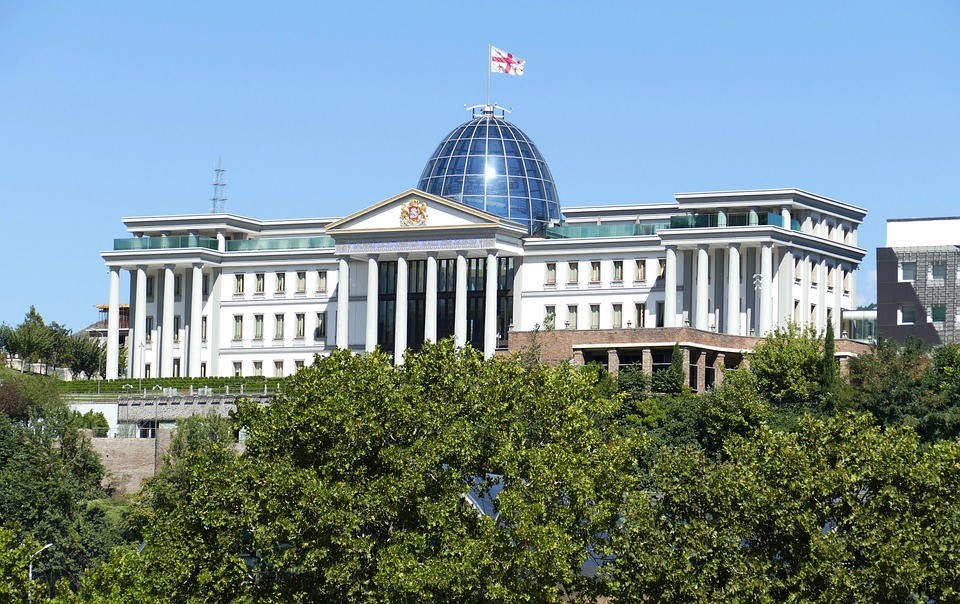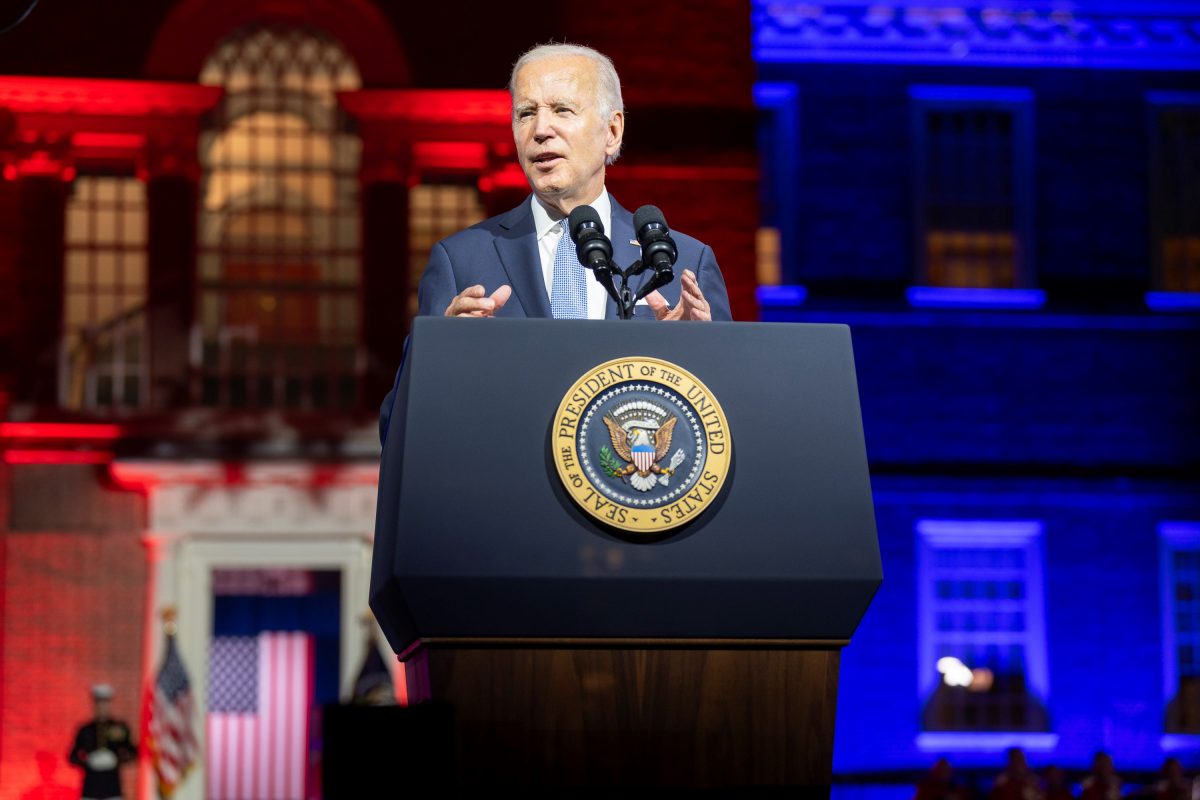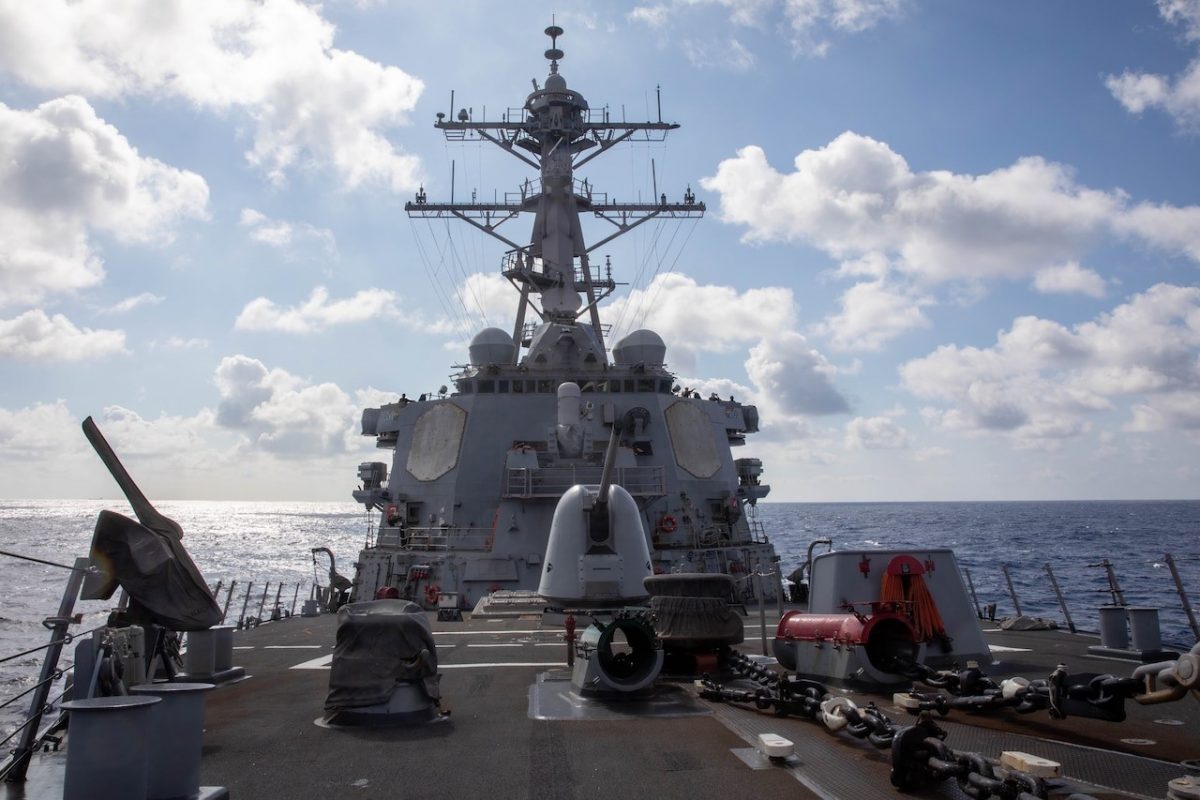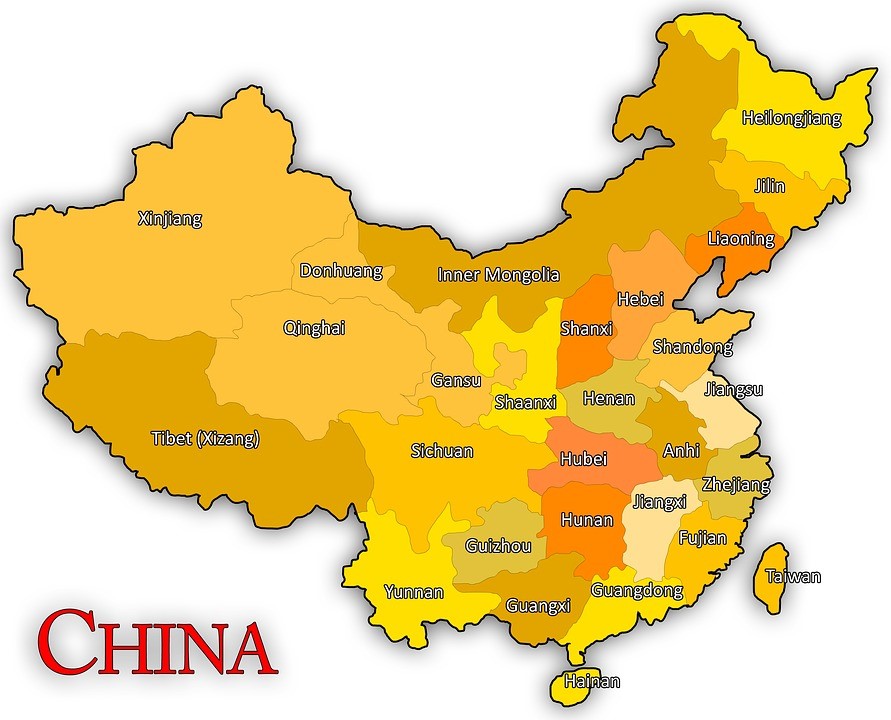According to the Washington Post, “(t)he debate over what is to be done with Donald Trump and his alleged mishandling of sensitive government documents has landed in the zone where it was inevitably headed: whataboutism. Hillary Clinton escaped prosecution for using a private email server as secretary of state in 2016, the right argues, so why should Trump be indicted?”
Indeed. Many people may remember that former Secretary of State Hillary Clinton was investigated for the mishandling of government documents, and at the time, there were calls for her prosecution. “Lock her up!” was the chant heard during the 2016 Republican convention.
Yet, Clinton was not prosecuted, leading many to ask now what the difference is between the “crimes” each is alleged to have committed.
To answer, let us take a brief trip down the memory hole.
“Clinton’s email troubles started in 2014, when the House Select Committee on Benghazi asked the State Department for all of her emails. The department didn’t have them all because, instead of only using the State Department email system…Clinton used a personal email address…housed on private servers located in her Chappaqua, New York, home. In 2014, Clinton’s lawyers combed through the private server and turned over about 30,000 work-related emails to the State Department and deleted the rest, which Clinton said involved personal matters, such as her daughter’s wedding plans. Clinton repeatedly said she did not have any classified emails on her server…”
On July 5, 2016, then-FBI Director James Comey held a press conference, and gave a detailed statement regarding a criminal investigation his department had conducted regarding Clinton’s “use of a personal e-mail system during her time as Secretary of State.” In particular, the investigation “focused on whether classified information was transmitted on that personal system.”
“Secretary Clinton used several different servers and administrators of those servers during her four years at the State Department,” then-Director Comey explained, “and used numerous mobile devices to view and send e-mail on that personal domain.” Further, “FBI investigators…also read all of the approximately 30,000 e-mails provided by Secretary Clinton to the State Department in December 2014… (f)rom (this) group of 30,000 e-mails…110 e-mails in 52 e-mail chains have been determined…to contain classified information at the time they were sent or received. Eight of those chains contained information that was Top Secret at the time they were sent; 36 chains contained Secret information at the time; and eight contained Confidential information, which is the lowest level of classification.”
In other words, then-Secretary of State Hillary Clinton used a private, unsecured internet server (not a secure government server) to read and transmit various levels of classified documents across the internet. Further, Secretary Clinton decided which of her emails were relevant to the investigation, and which were not, deleting emails she claimed were not responsive to the request.
According to Comey, “(a)lthough we did not find clear evidence that Secretary Clinton or her colleagues intended to violate laws governing the handling of classified information, there is evidence that they were extremely careless in their handling of very sensitive, highly classified information. For example, seven e-mail chains concern matters that were classified at the Top Secret/Special Access Program level when they were sent and received. These chains involved Secretary Clinton both sending e-mails about those matters and receiving e-mails from others about the same matters. There is evidence to support a conclusion that any reasonable person in Secretary Clinton’s position…should have known that an unclassified system was no place for that conversation. In addition to this highly sensitive information, we also found information that was properly classified as Secret by the U.S. Intelligence Community at the time it was discussed on e-mail…(n)one of these e-mails should have been on any kind of unclassified system, but their presence is especially concerning because all of these e-mails were housed on unclassified personal servers not even supported by full-time security staff, like those found at Departments and Agencies of the U.S. Government—or even with a commercial service like Gmail.”
Was this a criminal act? Under 18 USC 1924(a), “(w)hoever, being an officer, employee, contractor, or consultant of the United States, and, by virtue of his office, employment, position, or contract, becomes possessed of documents or materials containing classified information of the United States, knowingly removes such documents or materials without authority and with the intent to retain such documents or materials at an unauthorized location shall be fined under this title or imprisoned for not more than five years, or both.”
Nonetheless, Comey claimed his investigation showed that Clinton and her staff did not “intend” to violate the law, and the applicable statute does requires acting “knowingly” and “with intent.” However, to be found guilty of a violation of this statute, you do not need to have intended to break the law – you need to have intended to retain the classified documents “at an unauthorized location.” As discussed by Anthony Christina in the Penn State Law Review, “(t)o convict Clinton, it must be shown that she had knowledge that classified emails were contained on her private server. The most recent total by the State Department of their review of 30,000 Clinton emails indicates that at least 671 emails sent or received by Clinton contained classified information. This fact stands in stark contrast to the statement Clinton gave to reporters…when she said, ‘I am confident that I have never sent nor received any information that was classified at the time it was sent and received.’”
The conclusion is inescapable – if a “reasonable person” would know that almost 700 emails were classified, and had no place on an unsecured server, it would not be hard to establish that then-Secretary Clinton intended “to retain such documents or materials at an unauthorized location.”
So, was Hillary Clinton arrested and prosecuted for this violation of the law? In his July 5, 2016 statement, then-FBI Director Comey predicted the outcome; “Although there is evidence of potential violations of the statutes regarding the handling of classified information, our judgment is that no reasonable prosecutor would bring such a case…In looking back at our investigations into mishandling or removal of classified information, we cannot find a case that would support bringing criminal charges on these facts.”
No reasonable prosecutor would bring such a case….we cannot find a case that would support bringing criminal charges on these facts…
I guess James Comey missed this one then; “On April 23,(2015, General David) Petraeus pled guilty to a single misdemeanor charge of unauthorized removal and retention of classified documents or materials under 18 USC §1924…(i)nstead of turning his journals — so-called ‘black books’ – over to the Defense Department or CIA when he left either of those organizations, Petraeus kept them at his home – an unsecure location – and provided them to his paramour/biographer, Paula Broadwell, at another private residence.” (For more detail on the Petraeus case, read here)
Did Gen. Petraeus “intend to break the law?” No – but he did intend to retain classified documents at an unsecured location, and fail to keep them secure.
Maybe Comey never heard of the Petraeus case – or maybe he thought the prosecutor was unreasonable.
One fact cannot be disputed – in 2016, Hillary Clinton was the Democratic candidate for President. David Petreaus was a Republican, though he ‘stresses his independence and has not voted for years.”
If you ask David Laufman, “who led the Justice Department’s counterintelligence section until 2018 and is now a partner at the firm Wiggin and Dana…'(p)eople sling these cases around to suit their political agenda but every case has to stand on its own circumstances.”’ While with the Justice Department, Laufman investigated the Clinton case, and managed the investigation of David Petraeus. Regarding the Trump investigation, Laufman believes that “(f)or the department to pursue a search warrant at Mar-a-Lago tells me that the quantum and quality of the evidence they were reciting — in a search warrant and affidavit that an FBI agent swore to — was likely so pulverizing in its force as to eviscerate any notion that the search warrant and this investigation is politically motivated.”
Maybe there is sufficient evidence to charge former-President Trump with a crime. Maybe the investigation of Trump is not politically motivated. Maybe the cases of Petraeus, Clinton and Trump must each stand on their own merits.
But none of that explains why its reasonable and appropriate to pursue charges against Republicans Petraeus and Trump, but not reasonable to seek the same against the Democrat Clinton.
Judge John Wilson (ret.) served on the bench in NYC
